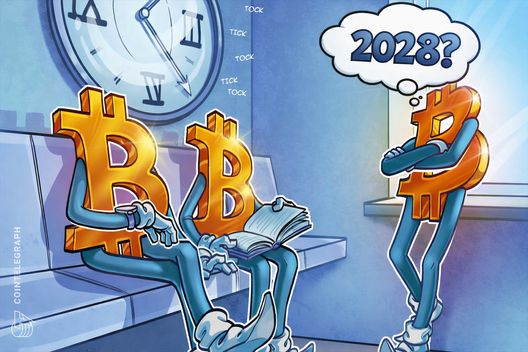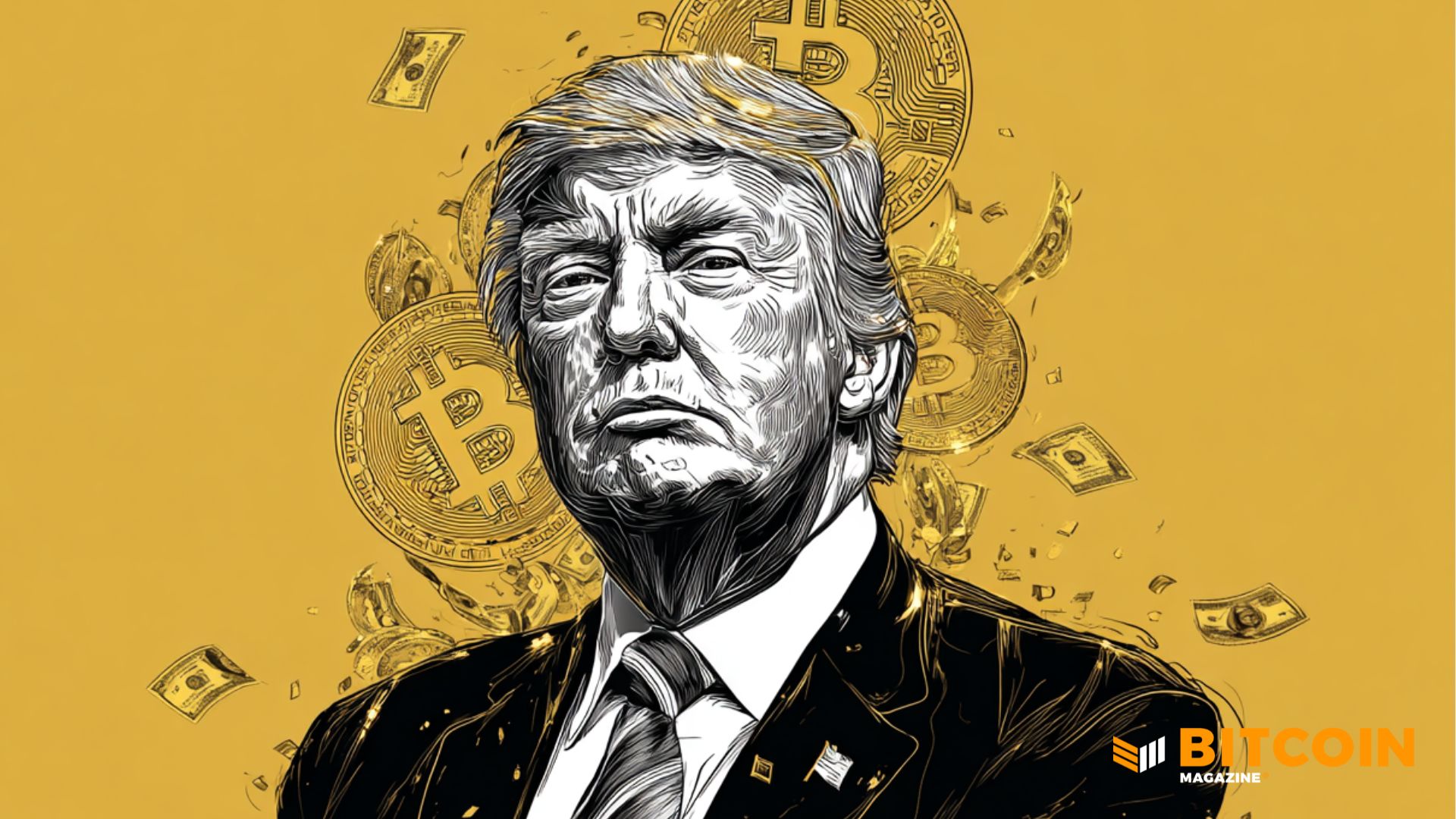2019-5-6 16:30 |
Bitcoin [BTC] has now been around for more than a decade and its impact on the larger financial universe is significant, but by no means, has it reached its potential.
Initially pedaled as a “dark web-currency,” then as an “investment vehicle” for making a quick buck, Bitcoin ushered a new way by which the world of payments was looked at. Given the prominence of the “digital nature” of Bitcoin, several industry players have followed suit and even launched their own cryptocurrencies.
Divulging from the original concept of Bitcoin was seen by many as a detachment from the goal of a ubiquitous, universal, censorship-resistant digital asset, that was ultimately decentralized. The altcoin exodus led to several factions within the one cryptocurrency space and gave rise to “Bitcoin maximalists” or die-hard loyalists of the one-true virtual currency, in their eyes, at least.
With this Bitcoin versus altcoin debacle going strong today, and with a few altcoins gaining foothold in their own vision-boards, so to speak, the tussle between the original and the many is heating up. One look at crypto-Twitter would indicate that the cryptocurrency space is quite fractured, between Bitcoin enthusiasts and the several altcoin-heads, while uniting under their conjoined displeasure of government-controlled currencies.
Several cryptocurrency proponents would often be known by the camp they comply with and not by their support for decentralized currency, in general. However, given this backdrop, the principal of virtual currency and its detachment from the state, while adhering to the laws of the “free market,” must be observed to maintain the purity of cryptocurrencies.
Nic Carter, Co-founder of crypto-analytics firm Coin Metrics, voiced this opinion using different words and a different approach, however. In a series of tweets, Carter laid down the agenda of cryptocurrencies, especially Bitcoin and Ethereum, as being money existing “independent of the state.”
His tweet in full read,
“If you believe that money can exist independent of the state, both BTC & ETH are money, and every BTC clone, new smart contract platform, etc.
They are just very inferior monies. But a select few will distinguish themselves over time as they grow and mature.”
Carter added that the traditional financial sector or the monies that are government controlled are “gatekeepers” and said that they could be removed. In order to do so, the crypto-community needs to collectively acknowledge the principles of free-market, even for the “insurgent neo monies.” Although not specified, it is presumed that the CoinMetrics founder is referring to the backlash against these “neo monies” by the larger cryptocurrency community.
Several tokens, coins, and projects are often sidelined in order to not disrupt the overarching goal of Bitcoin and other top cryptocurrencies. However, under a pure “free market competition” system, these “insurgent” cryptocurrencies should be allowed to compete, just as cryptos compete with fiat, he opined.
His tweet read,
“What I’m saying is if you want to remove the gatekeepers, you have to acknowledge the free market competition for insurgent neo monies”
On the topic of “arcade utility tokens” eluded to by @missaghi to Carter’s initial tweet, the latter stated that these utility tokens don’t even “pretend to be money” and in that sense, their qualification as being outside state control falls short. However, the “generic cryptocurrencies” that claim to be money or a competitor to the same, should be given a “chance”.
In Carter’s opinion, since Bitcoin emerged to compete with fiat on a free market basis, other crypto-projects should be allowed the same right.
The post Bitcoin [BTC] in the era of the free market; should welcome crypto-competition and not chide it appeared first on AMBCrypto.
origin »Bitcoin price in Telegram @btc_price_every_hour
Bitcoin (BTC) на Currencies.ru
|
|








